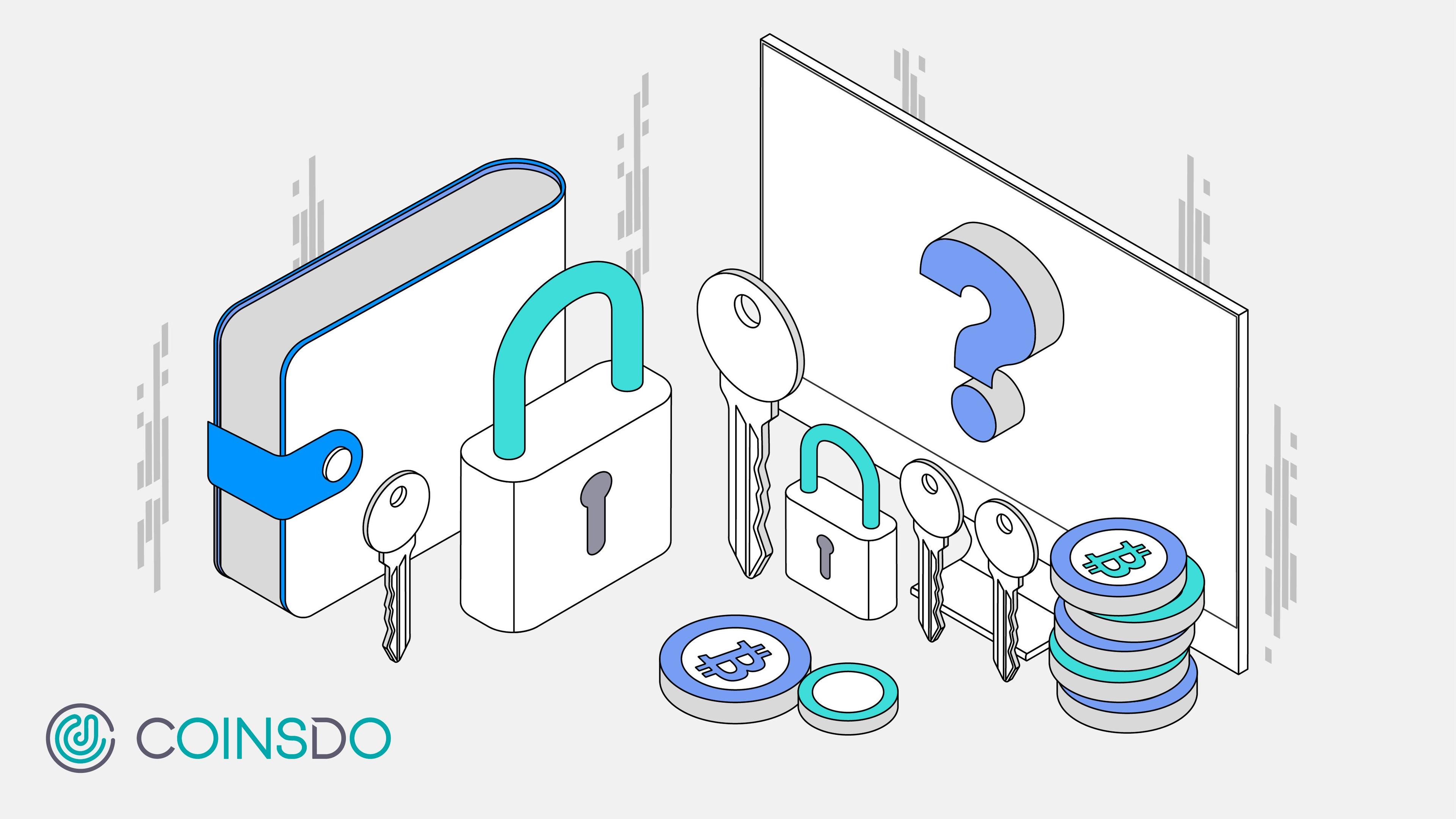
5 min read
Breaking Down the Samourai Wallet Incident: Why MPC Wallet Users Should Not Be Concerned
Hey there! You might have heard about the recent commotion regarding the founder of Samourai wallet being arrested for money laundering. It’s understandable if this news has you a bit on edge, especially if you’re fairly new to the world of cryptocurrency. But if you’re using an MPC (Multi-Party Computation) wallet, I’ve got good news for you—this incident really doesn’t relate to or affect your wallet choice. Let’s dive into why that is, and why you can keep your peace of mind.
What Happened with Samourai Wallet?
In short, the founder was arrested due to allegations that the wallet facilitated money laundering activities. Specifically, prosecutors have alleged that the app “facilitated more than $100 million in money laundering transactions from illegal dark web markets,” and around $2 billion total in “unlawful transactions.”
Privacy wallets like Samourai Wallet often prioritize anonymity, which can unfortunately be misused for illegal activities given their built-in features such as:
- Using a new address for every transaction to protect your metadata
- Tor & VPN Support to hide your location
- Ricochet function to counter blockchain spies
While the intention might be to protect user privacy, these features can also obscure the flow of funds, making it difficult for authorities to track illicit transactions. This incident has understandably raised concerns among users about the legal implications of using such wallets.
MPC Wallets are NOT the Same as Privacy Wallets
Now, let’s talk about your MPC wallet. Unlike privacy-focused wallets, MPC wallets use a technology that involves distributing the control of cryptographic keys across multiple parties. No single party has access to the entire key, making it nearly impossible for transactions to be authorized unilaterally. This method not only enhances security but also increases transparency in operations. It’s about sharing responsibility to ensure no single point of failure or misuse, which is a stark contrast to the centralized control seen in some other types of wallets.
Key Differences in Design and Legal Exposure
MPC (Multi-Party Computation) wallets distinguish themselves significantly from privacy-focused wallets through their inherent design and operational frameworks. One of the most notable aspects of MPC technology is its distributed nature, which fundamentally alters how transactions are processed and verified. In an MPC wallet, the task of signing a transaction is divided among multiple parties. Each party must agree and contribute their part of the key to execute any transaction. This ensures that no single entity can unilaterally influence or authorize transactions, promoting a high level of transparency among all involved.
This transparency is critical when considering the alignment of MPC wallets with current regulatory frameworks. Financial regulators and oversight bodies increasingly demand greater transparency and accountability in financial transactions to prevent fraud and illegal activities. The traceability and auditability enabled by MPC wallets meet these regulatory requirements head-on. Each transaction leaves a clear, auditable trail that regulators can examine to ensure compliance with laws and regulations.
Furthermore, the design of MPC wallets supports proactive compliance with anti-money laundering (AML) and know your customer (KYC) regulations. These regulations require that financial institutions take steps to identify their clients and track the source of funds. The collaborative nature of MPC wallet transactions makes it easier for institutions to comply with these regulations, as the involvement of multiple parties in transaction approvals provides multiple checkpoints against misuse.
Why MPC Users Can Feel Secure
Given their architecture, MPC wallets are inherently built to comply with legal standards. The technology facilitates compliance with anti-money laundering (AML) regulations and know your customer (KYC) policies by design. This compliance is baked into the operational model of MPC wallets, significantly reducing your risk as a user of facing legal scrutiny similar to that affecting privacy wallets. What this means for you is that while privacy wallets might come under fire for their features, your MPC wallet stands on solid ground, focusing on security and transparency without skirting legal boundaries.
If you plan on switching over from a privacy wallet to an MPC wallet, do consider CoinWallet, an MPC-powered wallet designed to simplify and secure your crypto transactions. Click here (Android) or here (iOS) to download CoinWallet and take full control of your digital assets today!


